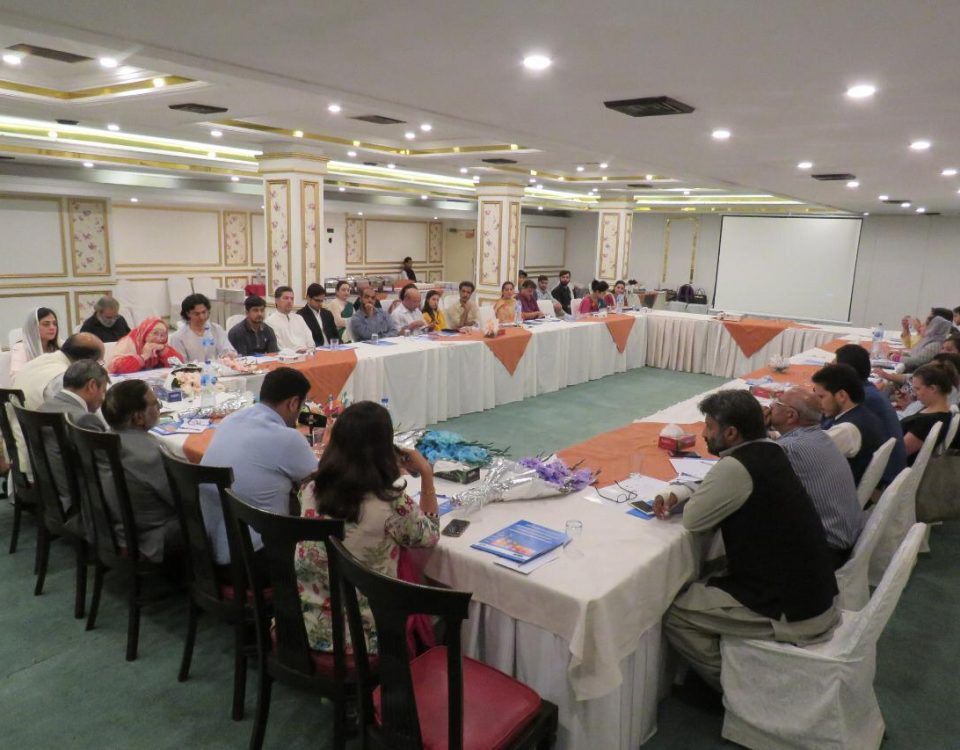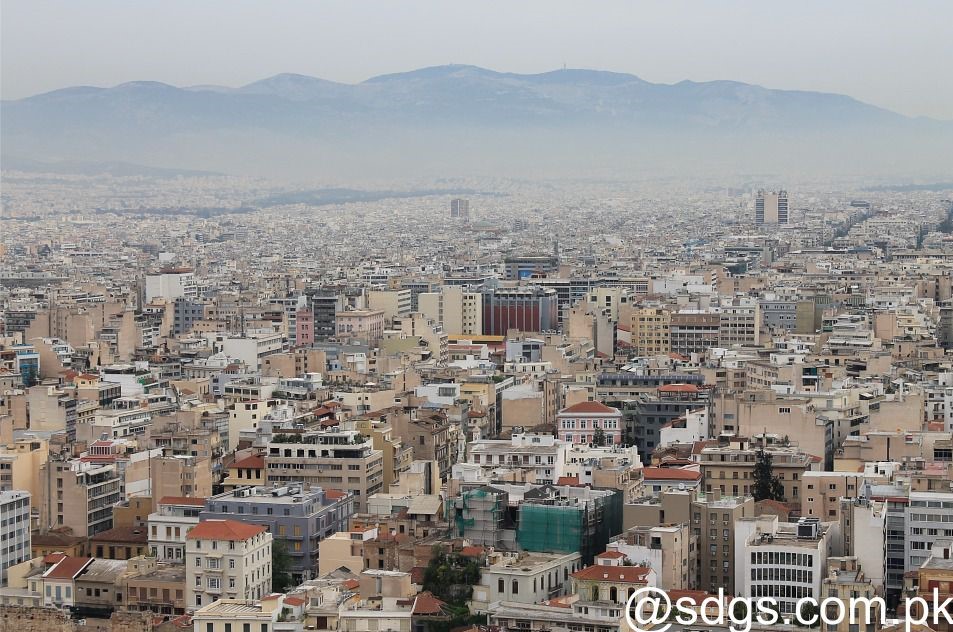
Facing Catastrophic Climate Change – Serious Actions are needed
November 30, 2018
3rd December – International Day of People with Disability
December 3, 2018Clean Energy Capacity – Winning Situation by Developing Countries The nations have been trying for the past few years to introduce and use some new sources of clean and renewable energy rather to entirely depend upon on fossil fuels.
A latest report published by, BNEF’s annual Climatescope survey, the developing countries have taken much serious steps by adding more clean energy capacity than the developed and richer countries. The developing countries contributed 114 gigawatts of clean energy capacity whereas the ratio contributed by the richer nations were only 63 gigawatts.
Out of the 186 gigawatts of new power capacity that was built in developing nations in 2017, over half of it was wind and solar power.
“This marks a remarkable turnabout from a decade ago when the world’s wealthiest countries accounted for the bulk of renewable investment and deployment activity,” report addressed. “Developing nations at the time were viewed as holding enormous promise only; wind, solar, geothermal and other clean technologies were regarded as too expensive for mass deployment.”
In contributing for clean energy investments and installations from 103 countries and rankings given by Climatescope, Chile has been ranked as the leading champion of renewable energy with India following closely behind in second place after they jumped up from its fifth place ranking in 2016.
The report also addressed the details about how new coal power has reduced by almost half since it got elevated at 97 gigawatts in 2015.
This report proves that although wealthier nations are trying to cut down on the fossil fuels but the developing nations are the ones who are taking practical steps to introduce and add more clean energy capacity than to rely on fossil fuels.




